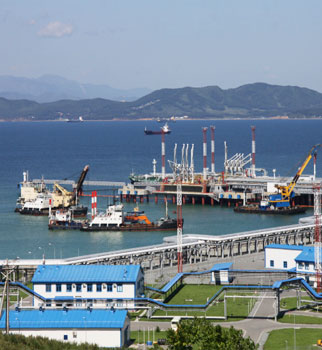Kazakhstan
Environmental, social and governance (ESG)




The impact of climate change and resource scarcity, accelerating urbanisation, increased population, changing demography and inequality, technological breakthroughs, and other megatrends are causing unprecedented disruption locally and globally.
There is an increased need for business leaders to embed sustainability into their operations, as financial factors are no longer deemed the primary drivers of value. Governments are increasingly aligning long-term national priorities, including the stabilisation of the macroeconomic environment, achieving agriculture and food security, ensuring energy sufficiency (power and petroleum products), with sustainability and a regulatory drive for ESG practice.
The global shift in the last two decades has revealed the importance of ESG factors in value creation and business resilience. Shareholders and other stakeholders are becoming more concerned about the consideration of environmental, social, and governance (ESG) factors in business operations and risk management.
What Environmental Social Governance (ESG) entails
– ESG is a balanced scorecard for assessing non-financial implications and impacts as well as risks and opportunities.
– Environmental criteria examine the performance of an organisation in terms of stewardship towards the protection of the natural environment. The factors could include emission reduction, climate change, waste management, biodiversity impact, water stewardship, circular economy, etc.
– Social criteria evaluates relationships with people - employees, host communities, and other stakeholders - for running an ethical business. Social factors include labour practices, human rights, gender diversity, community relations, etc.
– Governance criteria involve leadership oversight and direction, board diversity, executive pay, audits, shareholders' rights, intellectual property protection, etc.